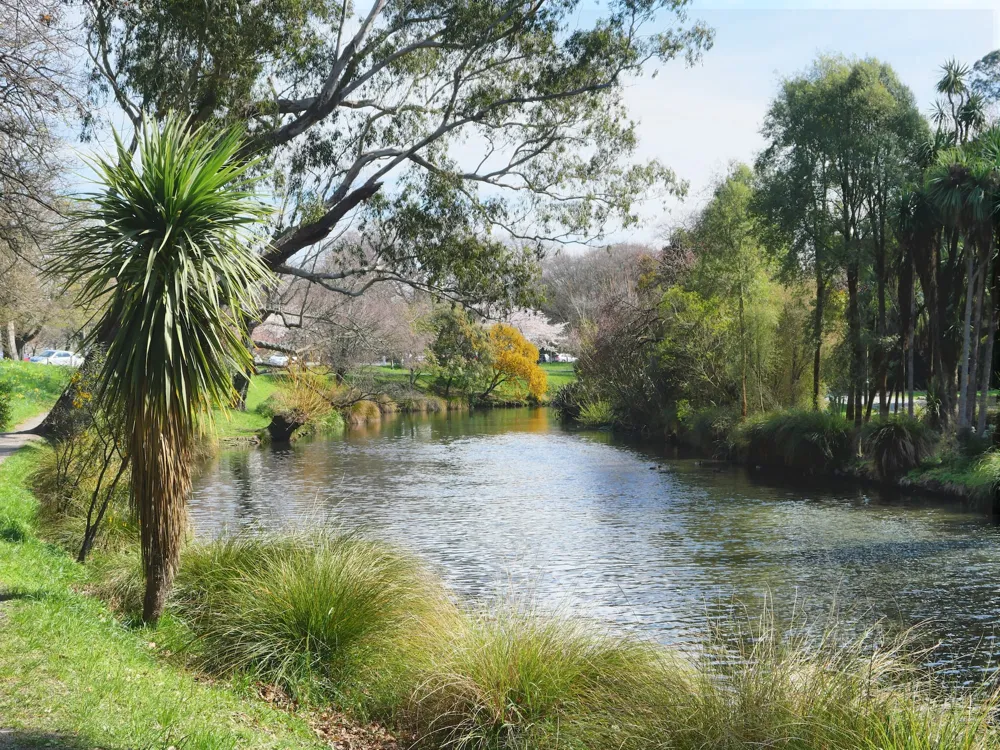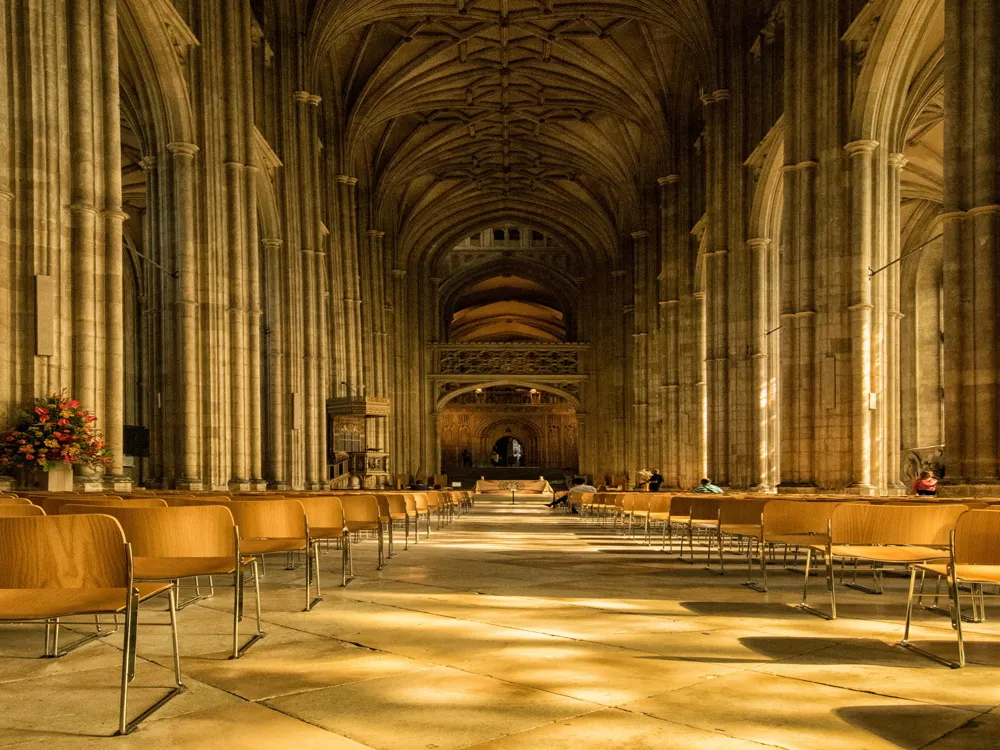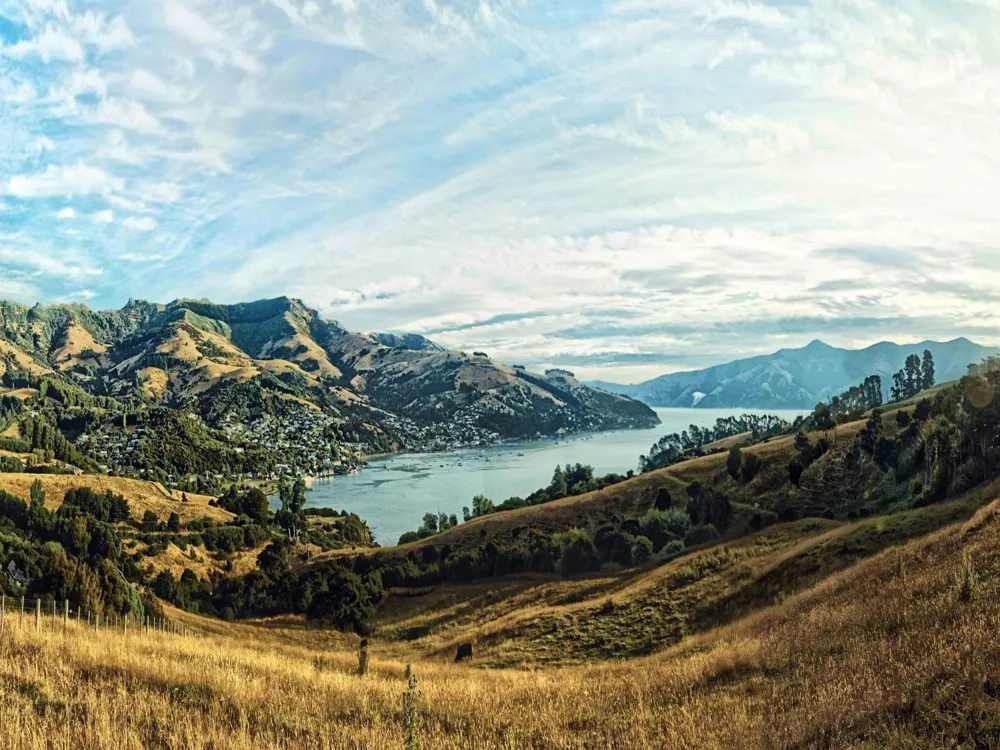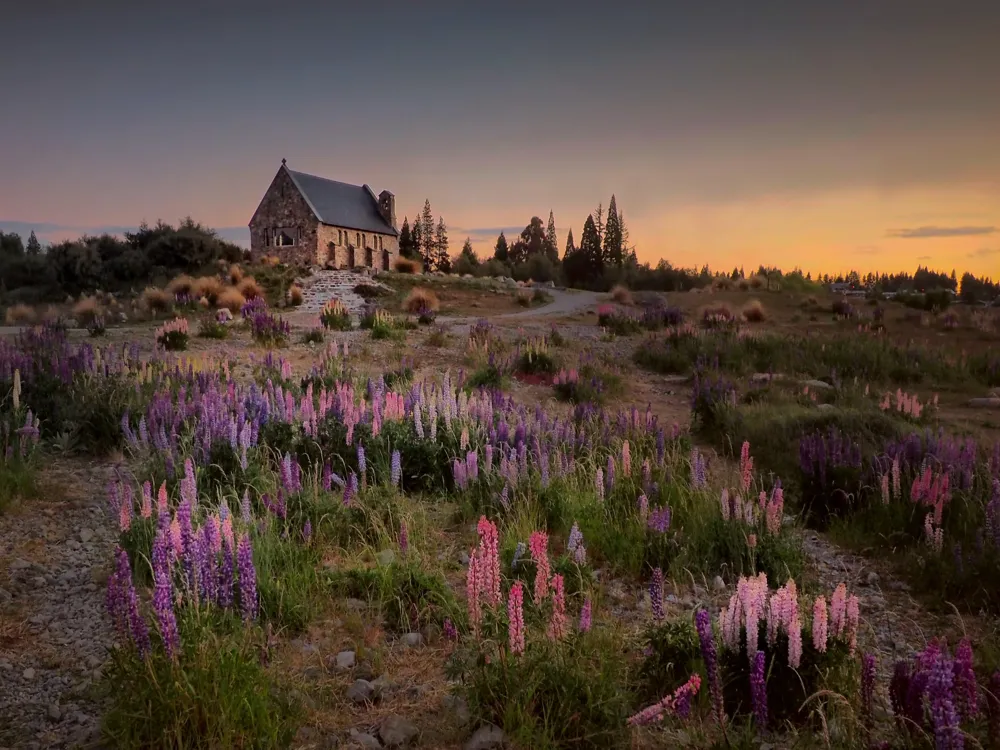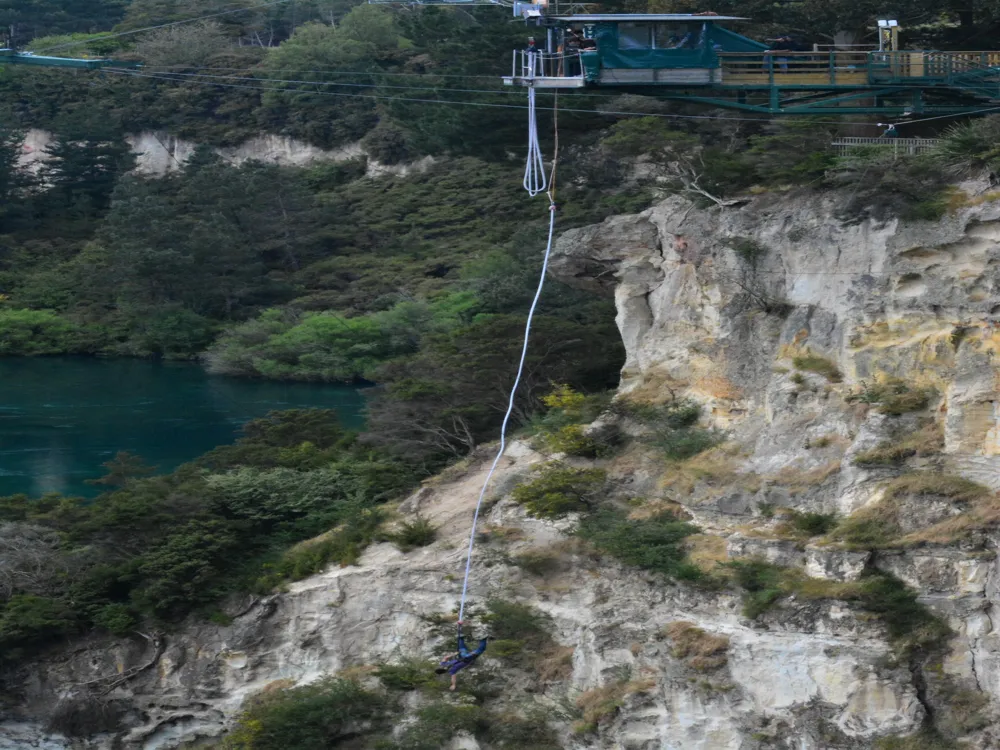Christchurch, the largest city in the South Island of New Zealand, is a place where urban regeneration, creativity, and innovation thrive. Infused with a rich heritage, it's a city that seamlessly blends its historic significance with a contemporary culture. Known as the 'Garden City,' Christchurch's extensive parks and public gardens reflect a deeply rooted connection to nature. The Avon River, adding to the city's charm, meanders through the urban area, bringing a sense of tranquility to the bustling city life. The city's history is a tapestry of Maori and European influences. Christchurch was officially established in 1856, making it one of New Zealand's oldest cities. It was named after the Christ Church College at Oxford University, reflecting the city's English heritage. Over the years, Christchurch has grown to become a cosmopolitan hub, celebrated for its vibrant arts scene, world-class dining, and thriving business community. Despite facing significant challenges, especially following the 2011 earthquake, Christchurch has shown remarkable resilience, rebuilding and redefining itself while preserving its unique character. The architecture of Christchurch is a fascinating blend of historic and modern styles, reflecting the city's evolution through time. The cityscape is dotted with Gothic Revival buildings, a testament to its British colonial past. One of the most iconic structures is the Christchurch Cathedral, although significantly damaged in the 2011 earthquake, it remains a symbol of the city's architectural heritage. Modern architecture in Christchurch has been significantly influenced by the need to rebuild and strengthen the city's infrastructure post-earthquake. Innovative designs and sustainable building practices have been at the forefront of this redevelopment. The city's commitment to sustainability is evident in its use of green spaces and energy-efficient building designs. Christchurch is also home to a variety of contemporary structures, like the Cardboard Cathedral, which showcase the creativity and resilience of its people. The best time to visit Christchurch is during the spring (September to November) or autumn (March to May) months. During these periods, the weather is pleasant, and the city's gardens are in full bloom or showing beautiful autumn colors. Christchurch is well-served by public transport, including buses and a historic tram. Renting a bike is a great way to explore the city, taking advantage of its flat terrain and numerous cycle paths. Understanding and respecting Maori culture is important in New Zealand. Be respectful when visiting Marae (Maori meeting grounds) and try to learn a few Maori phrases. Christchurch offers a range of accommodation options, from luxury hotels to budget-friendly hostels and B&Bs. Booking in advance is recommended, especially during peak tourist seasons. The city boasts a diverse culinary scene. From traditional New Zealand dishes to international cuisine, there's something to suit all palates. Don't miss trying the local seafood and lamb. Christchurch is well-connected both domestically and internationally. The Christchurch International Airport serves numerous destinations and is just a short drive from the city center. For those traveling within New Zealand, there are excellent road and rail connections, making Christchurch easily accessible from major cities and tourist destinations. Intercity buses also operate regular services to and from Christchurch, offering a cost-effective way to travel.Overview of Christchurch
Architecture of Christchurch
Tips When Visiting Christchurch
Best Time to Visit
Local Transportation
Cultural Etiquette
Accommodation Options
Dining and Cuisine
How To Reach Christchurch
Christchurch Gondola
Christchurch
₹ 73,500 onwards
View christchurch Packages
Weather :
Tags : Cable Car
Timings : 10:00 AM - 5:00 PM
Time Required : 2-3 hours
Entry Fee : NZD 30 - Adult
NZD 15 - Child
Planning a Trip? Ask Your Question
Christchurch Travel Packages
View All Packages For Christchurch
Top Hotel Collections for Christchurch

Private Pool

Luxury Hotels

5-Star Hotels

Pet Friendly
Top Hotels Near Christchurch
Other Top Ranking Places In Christchurch
View All Places To Visit In christchurch
View christchurch Packages
Weather :
Tags : Cable Car
Timings : 10:00 AM - 5:00 PM
Time Required : 2-3 hours
Entry Fee : NZD 30 - Adult
NZD 15 - Child
Planning a Trip? Ask Your Question
Christchurch Travel Packages
View All Packages For Christchurch
Top Hotel Collections for Christchurch

Private Pool

Luxury Hotels

5-Star Hotels

Pet Friendly









